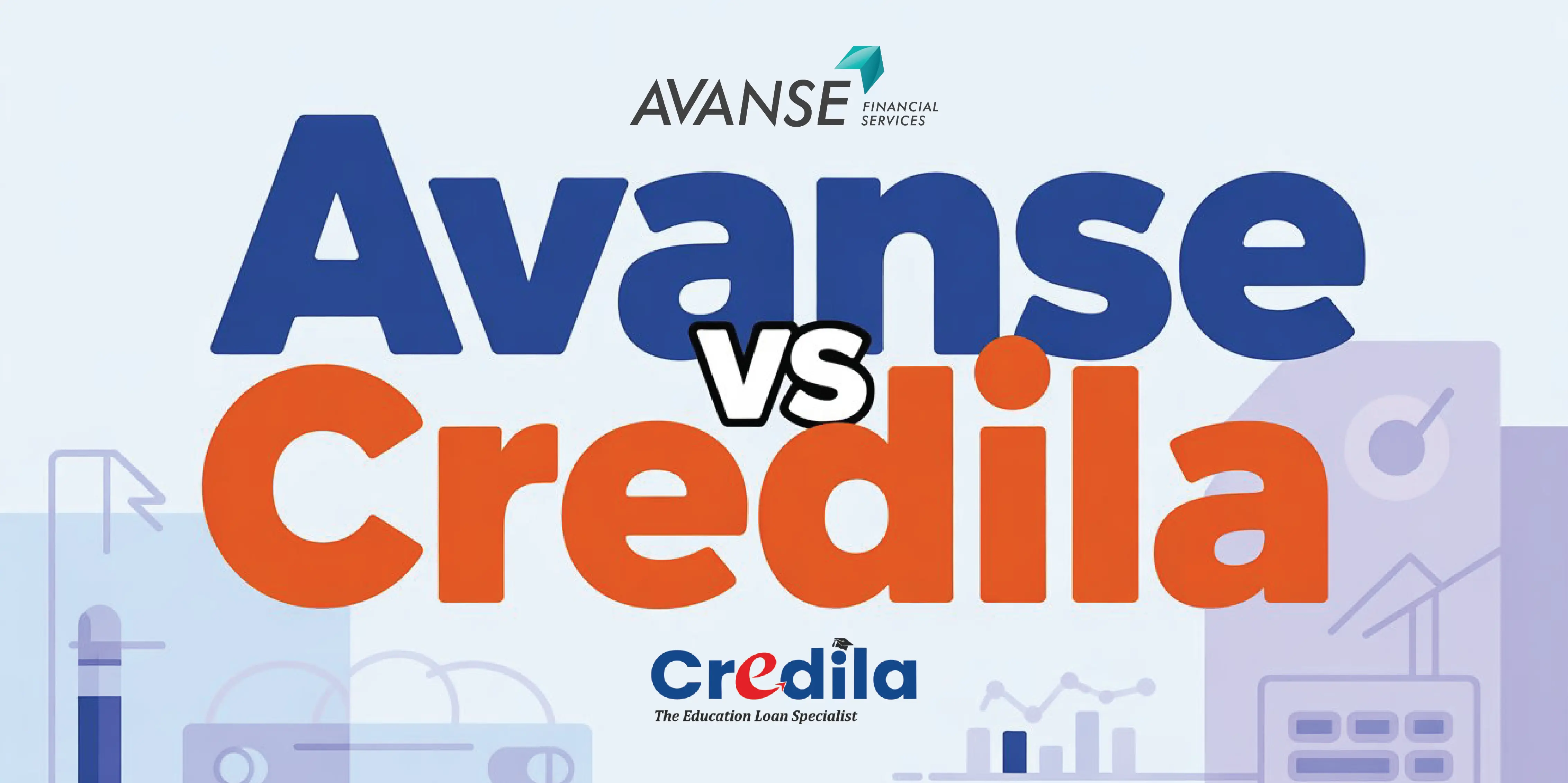https://www.wemakescholars.com/blog/education-loan-cosigner
Things to Know Before Cosigning an Education Loan
Abroad Education Loan | Updated on ()

HEST 2026
India's Largest Higher
Education Scholarship Test
Total Scholarships up to 2 Cr
Know more and Apply
Registrations close in
Education loans cater to the diverse needs of students by helping them cover the expenses of their education. This is why most students rely on these loans to fund their higher studies in India as well as abroad.
Education loans typically require a cosigner who signs the loan agreement to mitigate the risk for the lenders. Students often ask their parents to be the cosigner for their education loan. However, cosigning an education loan is a huge financial decision that should be taken with careful consideration.
This article has covered the key insights of cosigning an education loan that every parent should know. Here we will learn about the benefits, disadvantages, and other important terms of cosigning a student loan.
What is Cosigning an Education Loan?
Cosigning an education loan refers to when an individual, generally the applicant’s parent or legal guardian, signs the loan agreement alongside the student. Getting an education loan without a cosigner is very unlikely in India. A cosigner in a student loan doesn’t necessarily have to be the student’s parents. However, a parent cosigning an education loan for their child can significantly boost the loan application.
The cosigner eligibility criteria for education loans in India vary by bank. Lenders assess the creditworthiness and income of the cosigner while processing student loans. A parent cosigning education loan shares the responsibility of the loan with the student.
Why do Education Loans require a Cosigner?
Education loans from banks in India require a cosigner to be involved in the loan for the following reasons:
-
Credit History:
Lenders offer loans to individuals based on their credit and repayment history. However, since many students opting for an education loan are first-time borrowers, they don’t have a credit history. So lenders offer students loans considering the credit history of the cosigners of the students. Involving a cosigner in the education loans helps reduce the risk for the lenders. This is one of the major reasons why most education loans in India require a cosigner to be processed.
-
Income Requirement:
Banks consider the income of the applicants before approving a loan to check their repayment capacity. However, students usually don’t start earning till the completion of their course. And most students apply for an education loan to pursue undergraduate and postgraduate courses at well-recognized universities. As these courses can take more than 1 to 4 years to complete, there is a high risk for lenders in offering these loans.
To mitigate the risk and help students pursue their higher education at their dream university, lenders require a cosigner for student loans. They assess the income of the cosigner while processing an education loan.
Are Student Loans without a Cosigner Possible?
Yes, student loans without a cosigner are possible. International lenders are well-known for offering education loans without a cosigner and collateral as well. These loans are offered based on the future earning potential of the students, Students should keep in mind that these loans often come with strict eligibility criteria and high interest rates. Students can also get an education loan without a cosigner from certain private lenders in India, according to their eligibility criteria.
Benefits of Cosigning an Education Loan
Cosigning an education loan for your child has several benefits for both the student and you. They include:
-
Improves Loan Approval:
Cosigning a student’s education loan can increase the chances of their loan approval. This helps them access the funds required for their education. These funds help them afford their education by covering expenses such as tuition fees, living expenses, purchase of study materials, and course-related equipment. And when you cosign the education loan, you share the responsibility of the loan along with the student. This reduces the financial burden of the students.
-
Better Loan Terms
The terms of an education loan, including the interest rates, loan amount, and loan tenure, are highly influenced by the cosigner’s profile. As we have discussed earlier, the income and creditworthiness of the cosigner are very important for education loans. Banks offer better loan terms, such as low interest rates, high loan amounts, and fast approvals, for loans with a cosigner who has a high income and a good CIBIL score.
-
Builds Credit Score for the Student:
An education loan helps in building the credit score of the student. It affects the credit score of both the student and the cosigner involved in the loan. However, it doesn’t necessarily have a negative impact on your credit score. When you cosign an education loan, it can even improve your credit score as well as the student’s, depending on the repayment pattern of the loan. Making timely payments towards the education loan improves the CIBIL score of everyone involved in the loan application.
Navigating education loans to fund your child's studies can be quite challenging, with different lenders offering varying options. Contact WeMakeScholars, an organisation partnered with over 15 public and private lenders. When you apply for an education loan through us, our experienced team will help you find the most suitable loan for your higher studies. Request a callback today to contact our team.
Disadvantages of Cosigning a Student Loan
There are also certain disadvantages to cosigning a student loan that parents should know about:
-
Liable to Repay the Loan:
By cosigning an education loan for a student, the cosigner shares the responsibility of the loan with the student. This means that cosigners are legally liable to repay the loan if the student, for any reason, fails to repay it. This can create a financial burden on cosigners of education loans.
-
Impacts CIBIL Score:
An education loan, just like any other loan, affects the credit history of everyone involved in the loan. When the student misses the payments on their education loan, it can reduce the credit score of both the student and the cosigner involved in the loan.
Important Terms of Cosigning an Education Loan
The following are the terms you should know about cosigners for a student loan:
-
Who can be a Cosigner for Education Loans?
A cosigner for an education loan doesn’t necessarily have to be the parents ot the legal guardian of the student. Depending on the lender, even the grandparents, siblings, spouse, parents-siblings, and first cousins, can also be eligible to be a cosigner for a student loan. The cosigner eligibility for education loans varies from bank to bank. Students can also include multiple cosigners in the loan application, according to the bank.
-
Affects Future Credit:
You have learned how cosigning an education loan can impact the credit score of the cosigner. Any missed payments on the loan can reduce the CIBIL score of the cosigner. As lenders offer loans to individuals based on their credit history, this can affect the cosigner's ability to get other loans in the future.
Conclusion
Cosigning an education loan is a huge financial step, as it can affect the credit score and future credit eligibility of the cosigner. A majority of cosigners for education loans are the parents of the students. This is why parents should know what cosigning for an education loan is and how it affects them.
In this article, we’ve learned about what cosigning for an education loan means. We also covered the benefits, disadvantages, and important terms of cosigning an education loan to help you make a well-informed decision.





Kindly login to comment and ask your questions about Scholarships & Education Loans